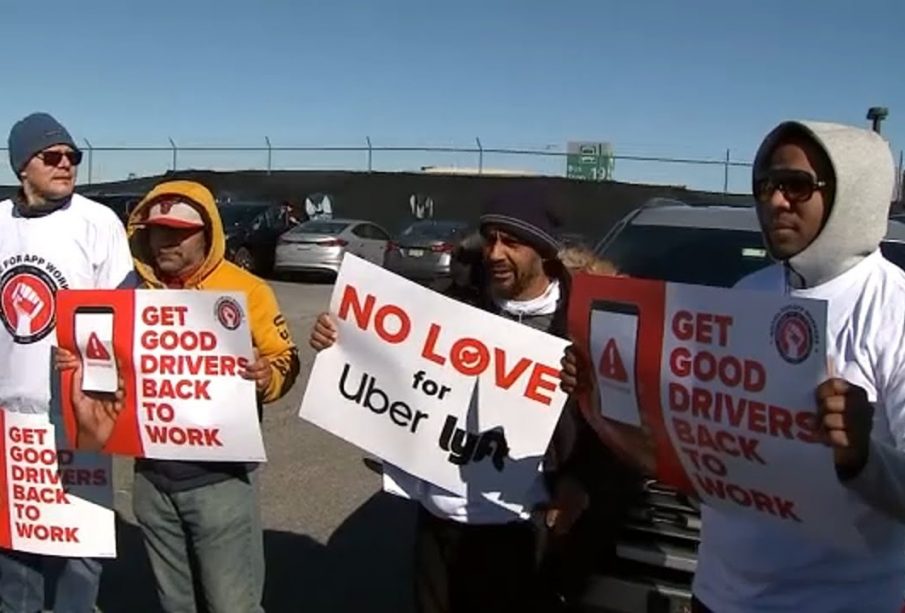The Impact of the Recent Uber Strike on Drivers and Customers

Introduction
The recent Uber strike, which took place on [insert date], has shed light on the ongoing struggles that gig economy workers face regarding fair pay and working conditions. With an increasing number of drivers uniting to voice their concerns, this event has gained significant attention both locally and internationally. It is essential to understand the implications of these strikes, as they may lead to changes in legislation and business practices affecting not only Uber drivers but also the overall gig economy.
Key Facts about the Uber Strike
The Uber strike erupted in multiple cities across the UK, including London and Manchester, with thousands of drivers participating. The protests were organised by several driver associations advocating for a minimum wage that reflects the cost of living, as well as improved benefits. According to estimates, drivers have seen their earnings decline by up to 20% over the past year due to rising operational costs and commissions imposed by the company, which currently stands at over 25% of each fare.
One of the most prominent demands from striking drivers was the establishment of a guaranteed minimum wage of £2.50 per mile, as well as enhanced health and safety protections. Drivers claim that current fares are insufficient, citing that many work long hours just to make ends meet. In addition to monetary compensation, drivers are also advocating for better insurance coverage and access to employment rights.
Public and Government Reaction
Public support for the Uber drivers has rallied significantly, with many passengers expressing solidarity with the drivers’ demands. Social media hashtags like #UberStrike have trended widely, fostering public awareness about the challenges gig workers endure. Moreover, some political leaders are calling for reforms within the gig economy, urging for clearer regulations to protect workers’ rights.
Looking Ahead
The Uber strike is not merely a response to current grievances; it represents a pivotal moment for the gig economy as a whole. As more drivers mobilise for change, Uber and similar companies may be compelled to reassess their business models and treatment of workers. Experts predict that if changes are not made soon, we could witness a wave of similar strikes in the coming months as drivers continue to feel the pressure of unsustainable working conditions.
Conclusion
The Uber strike serves as a crucial reminder of the ongoing fight for fair pay and rights amongst gig economy workers in the UK. As the landscape of employment continues to evolve, it remains to be seen how these significant developments will shape future discussions surrounding labour rights and regulations. For the nearly 70,000 Uber drivers in the UK, the outcome of this strike could lead to lasting changes that might just redefine their work experience.









